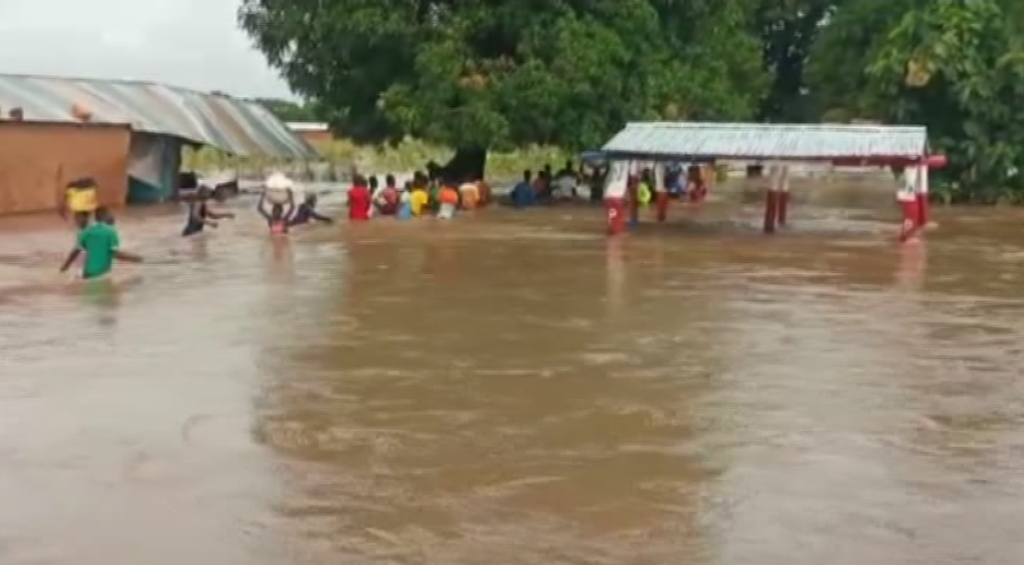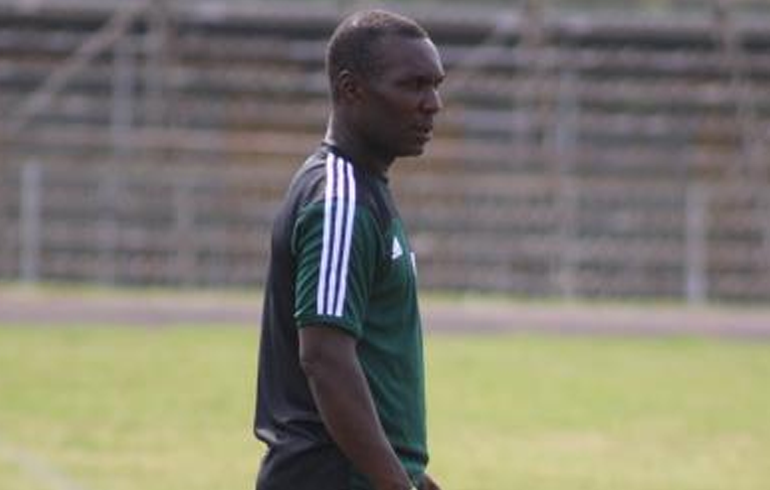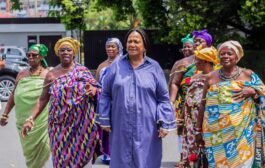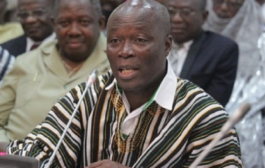The Eastern Regional Commanding officer of Domestic Violence and Victims Supports Unit (DOVVSU) Florence Anamang has revealed that incidents of sharing nude pictures and Sextortion are on the rise in the Eastern Region.
According to her most of the victims are women and girls who are lured by their abusers who pretend to be in love with them to share their nude pictures while others engage in obscene video calls on social media platforms.
“Of late what is the trend is that the ladies naked themselves, take a picture and send them .Their abusers later use the nude pictures to intimidate and threaten and extort from them”.
As Ghana joins the rest of the World to mark International Day of the Girl Child on 11 October, to amplify the voices and rights of girls everywhere, stakeholders want the government of Ghana to facilitate the enactment of the Anti-Cyber bullying Law to curb the growing phenomenon of Cyber violence against women and girls in particular.
At a Durbar held in Dawu -Akuapem in the Eastern Region organized by Plan International Ghana to mark the day, Child Right Advocates expressed worry over increasing cyber violence against women and girls in Ghana with a call on the Government to facilitate the enactment of Anti-Cyber bullying Law to protect this vulnerable group.
According to them, increasing online sexual violence against women and girls threaten their full participation in internet usage and infringes their fundamental human right.
The high penetration of the internet, the rapid spread of mobile information, and the widespread use of social media have however notoriously accompanied by cyber violence against women and girls globally.
Despite the digital space is fast becoming a necessity for economic well-being and empowerment for all, cyber violence discourages women and girls from exploring these potentials.
Research by the World Health Organization shows that one in three women will have experienced a form of violence in her lifetime, and despite the relatively new and growing phenomenon of internet connectivity, it is estimated that one in ten women have already experienced a form of cyber violence since the age of 15.
A baseline report by the Media Foundation for West Africa on the challenges faced by Ghanaian women on the Internet listed non-consensual distribution of intimate images, sexual harassment, stalking, hate, and offensive comments as the most prominent cyber violations in Ghana.
Social networks, including Facebook, Instagram, Snapchat, and Twitter, are the most commonplace for online bullying
The Coordinator of Girl Child Education at the Eastern Regional Education Directorate, Patricia Birago Gyamfi said Cyber bullying and violence against girls have a far debilitating effect on the self-esteem of girls therefore called on the government to enact laws to protect girls on the internet while urging social media network companies to develop anti-sexual violence and cyber bullying programs to protect the vulnerable young girls.
As part of the celebration of the International Day of the Girl Child, 15-year-old Henrieta Ametepe was made a ceremonial District Chief Executive for Okere District for 24 hours.
Delivering her speech, she called for cybersecurity for girls in the country.
The 15-year-old girl led an entourage to inspect completed teachers bungalow in the Dawu community.
The Eastern Regional Unit Manager of Plan International Ghana Kofi Adade Debrah stated that the annual ceremony is to empower girls to aspire to occupy key positions dominated by men.
Source: Mybrytfmonline/Obed Ansah



















































